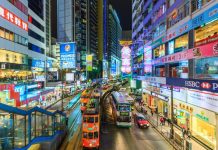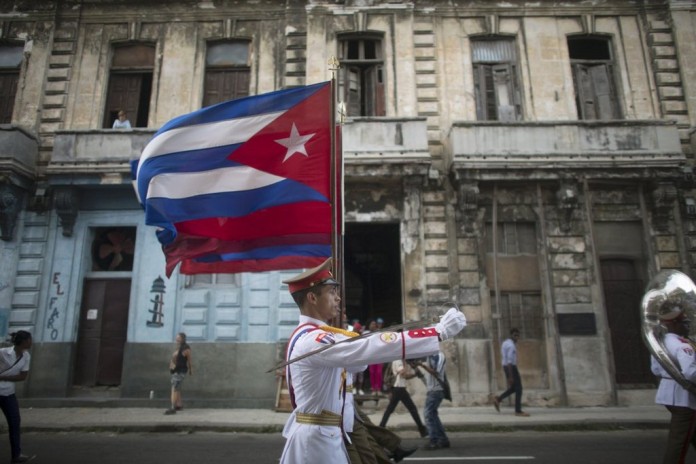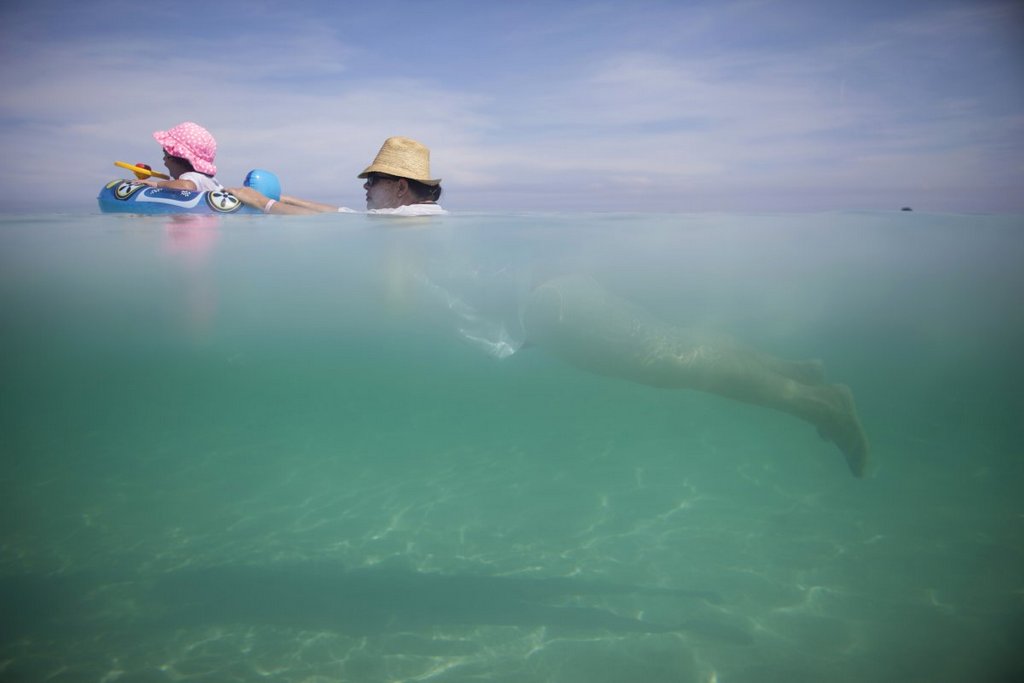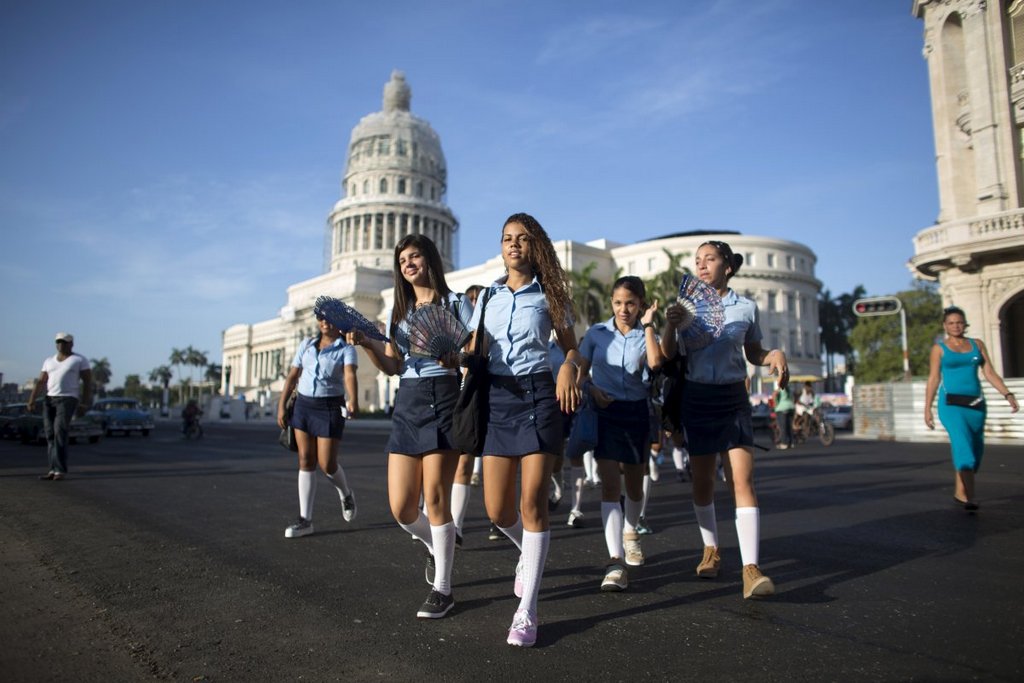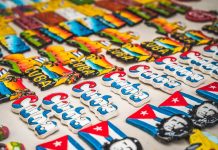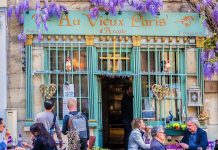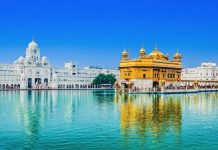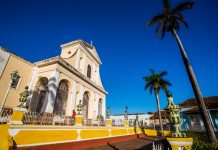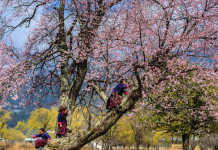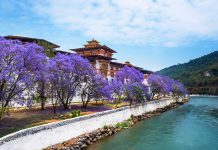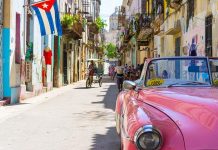In the summer of 2015, the US and Cuba began finalizing the long process of restored relations. The American flag was lifted above the American embassy once again — and with that, sparked the interest of many tourists eager to visit the island.
- 21+ photos that show the many sides of life on the streets of Havana
- Street life photos in Cuba through an iPhone lens
- What to buy in Cuba? — Top 11+ must-have souvenirs & best things to buy in Cuba
- Georgia travel photos — 20+ captivating photos show Georgia is heaven on the Earth
- Where to take best photos in Paris? — 17+ good spots & best places to take pictures in Paris you should know
While some restrictions are still in place for general tourism within the country, commercial flights are now freely going in and out, and it’s finally a viable vacation plan for 2016.
The New York Times even placed Viñales, Cuba at number 10 in their annual “52 Places to Go” travel list — and with tourist numbers booming even in early last year, in 2016 the island will surely see its fair share of visitors.
Here’s what it’s like to vacation on the once-restricted island.
From Havana’s National Museum of Fine Arts to the smaller art markets in the streets, tourists can find beautiful and colorful art all across the city.
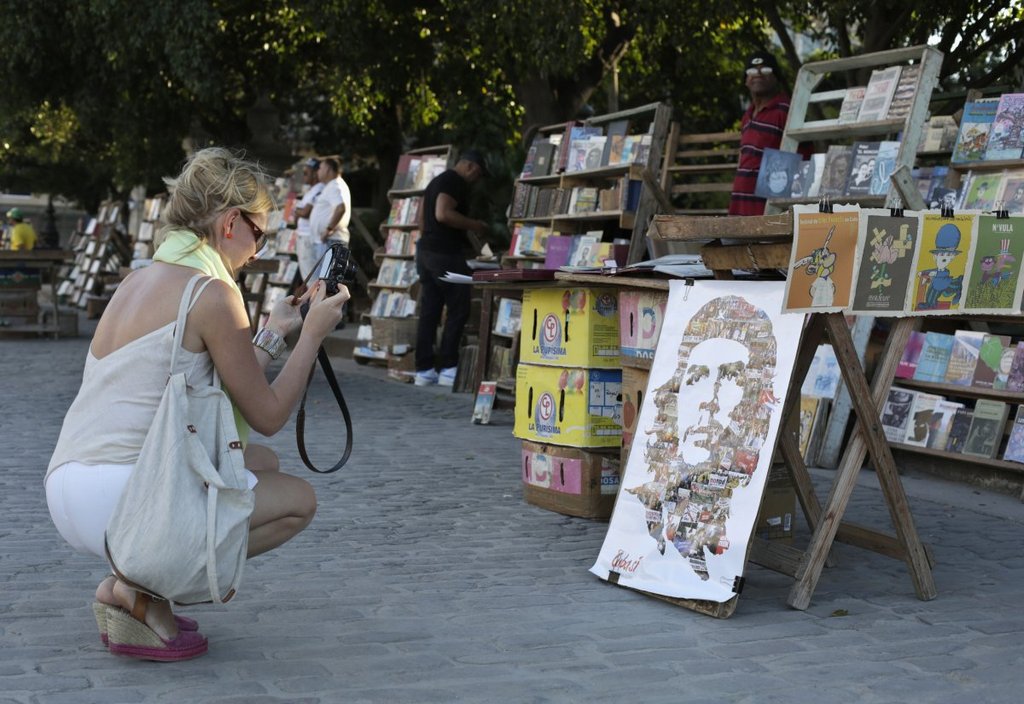
Soccer games are played everywhere, even in the street.
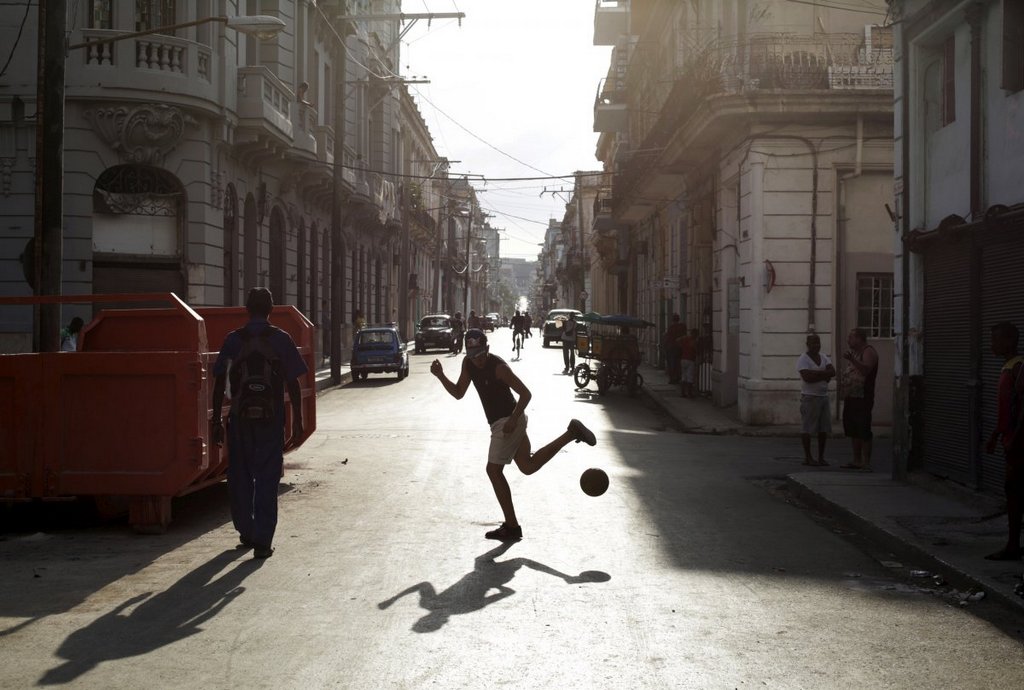
Cubans are known for their love of vintage cars.
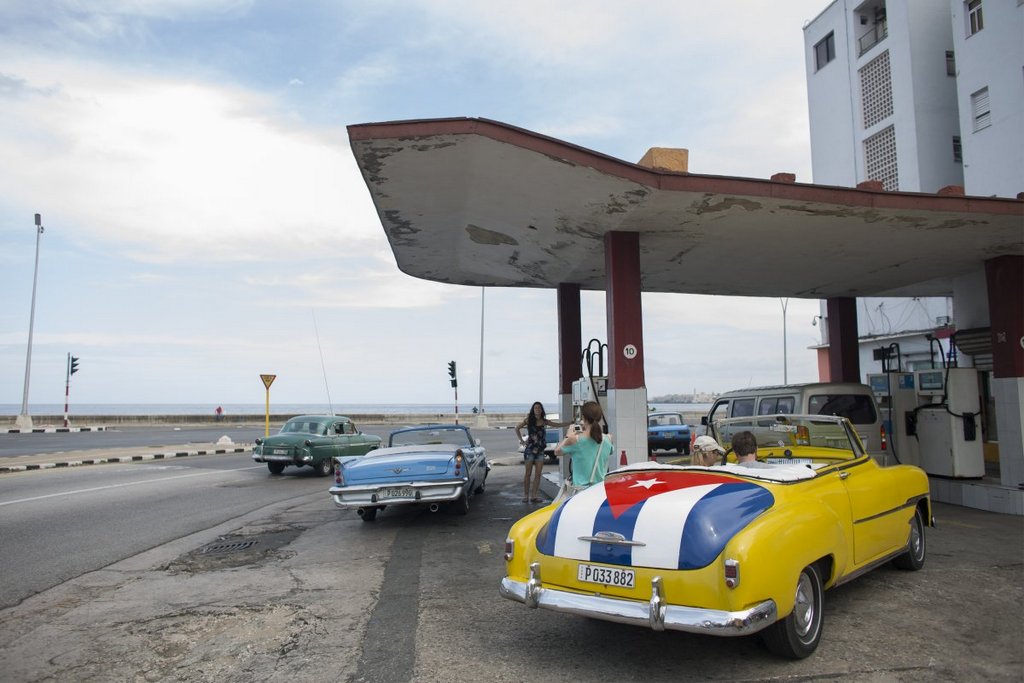
Even taxi drivers cruise around in these elaborate vehicles.
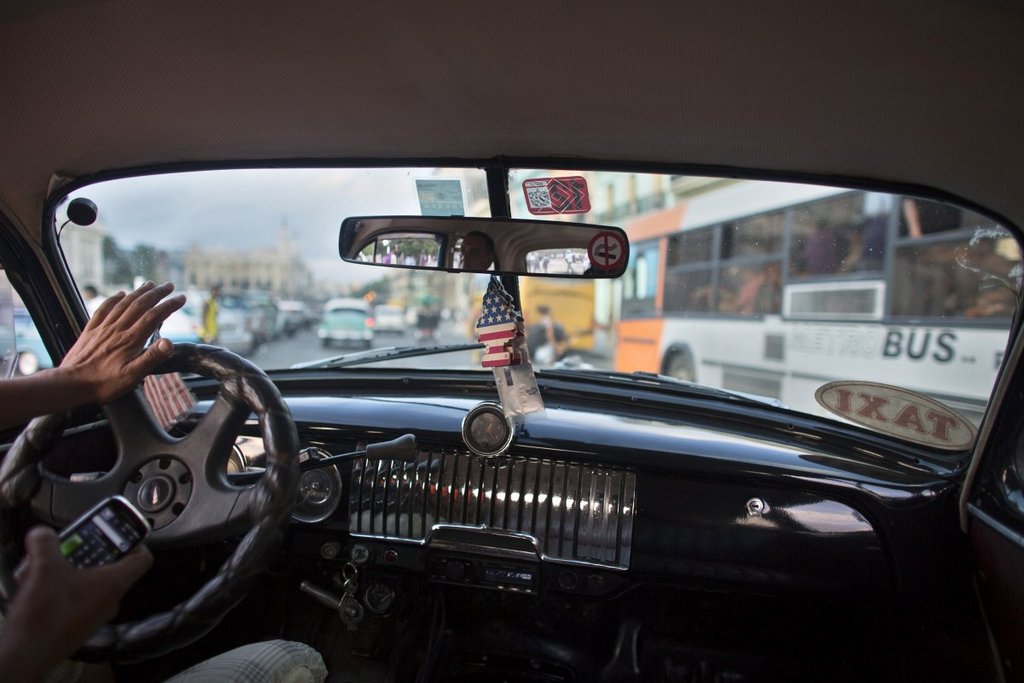
On average, June is Havana’s most rainy month.
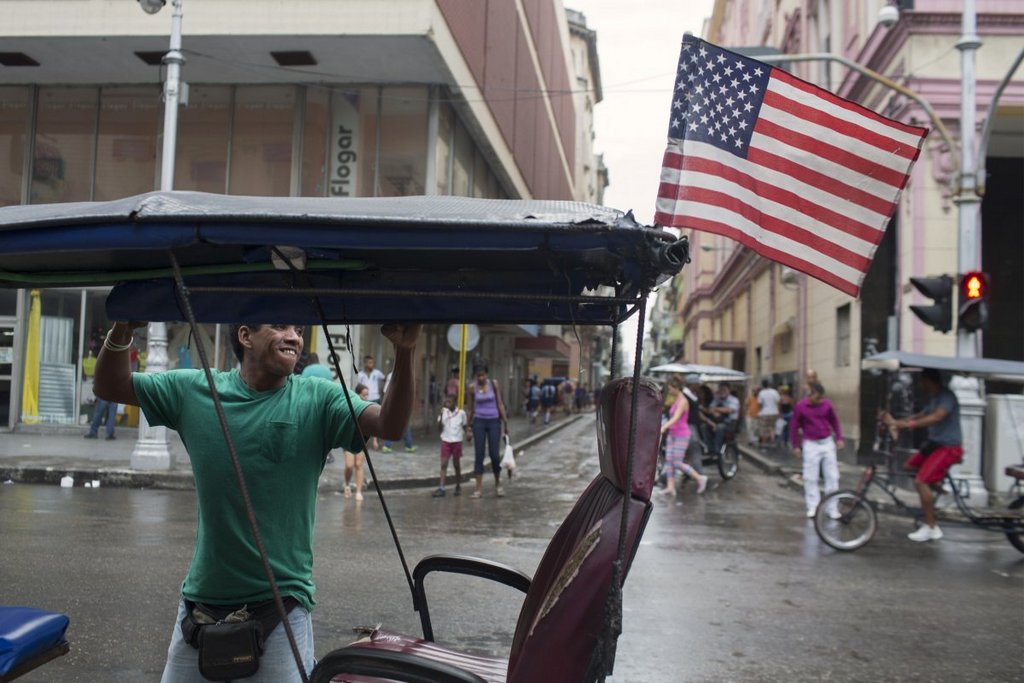
Inside the H. Upmann cigar factory in Havana, Yiliana Benitez rolls a famous Cuban cigar. In Cuba, cigar rolling is considered an art form that’s been passed down through generations.
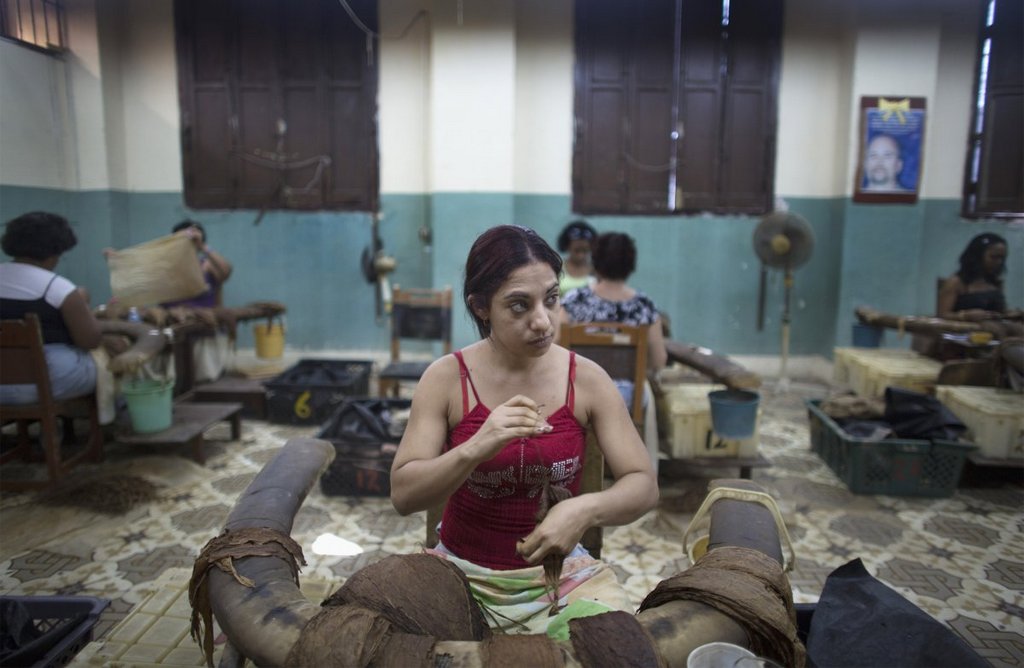
In March, all the cowboys of Cuba flock to Havana for the International Livestock Fair.
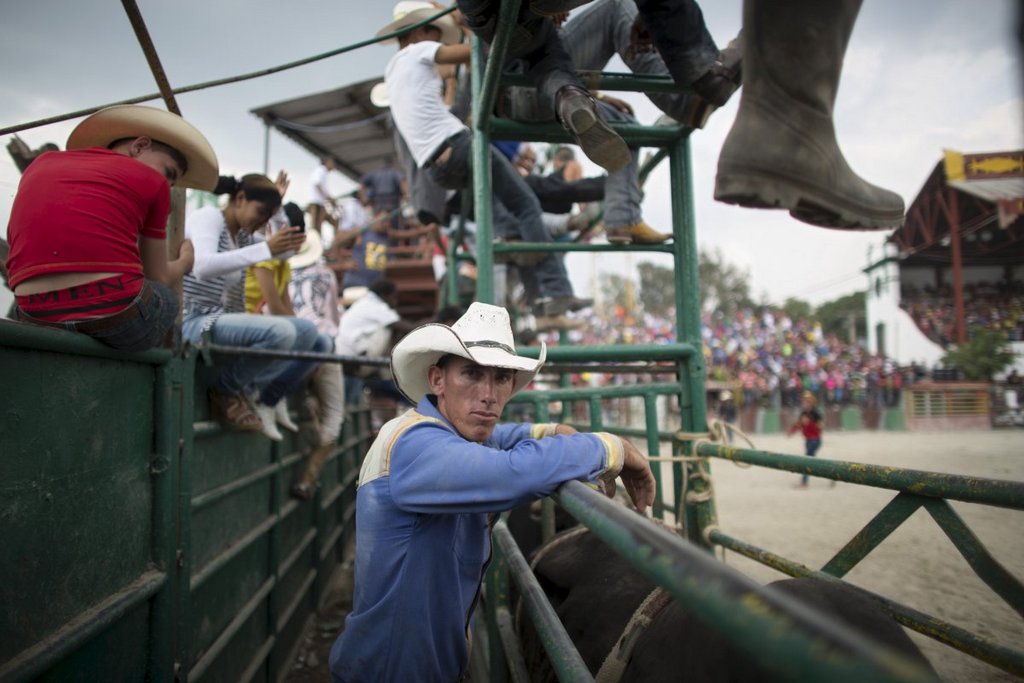
In 2015, the 12th Havana Biennial took place, drawing artists and curators from all over the world. Here, they take a tour of the city’s streets.
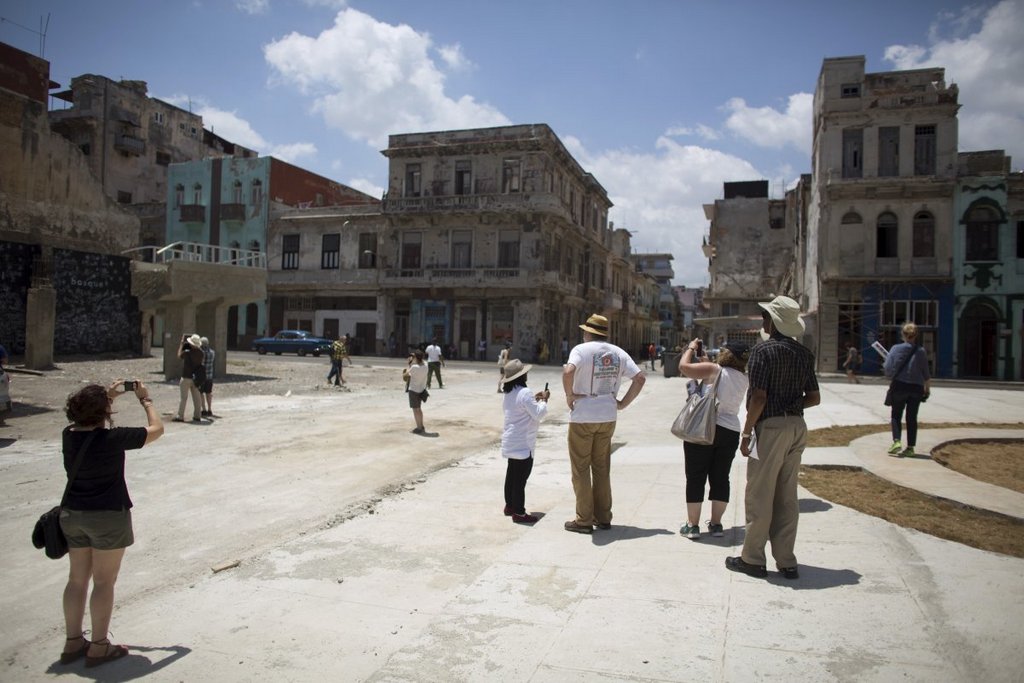
Cuba’s El Capitolio was built between 1926 and 1929. It still stands today.
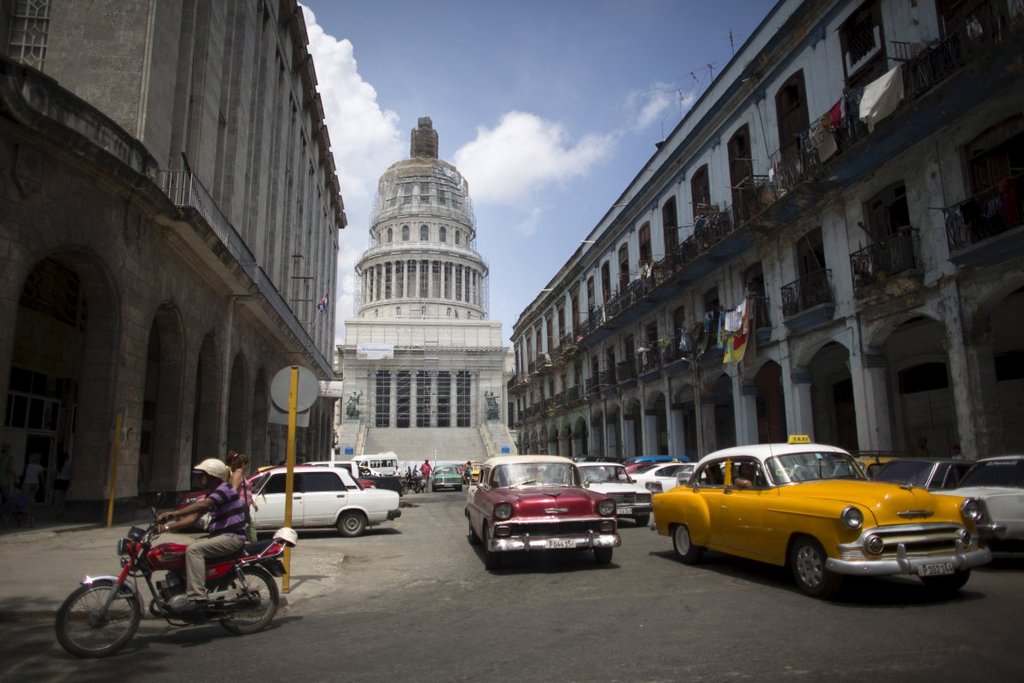
La Estatua de la República, found inside the Capitol building, is the world’s third-largest undercover statue.
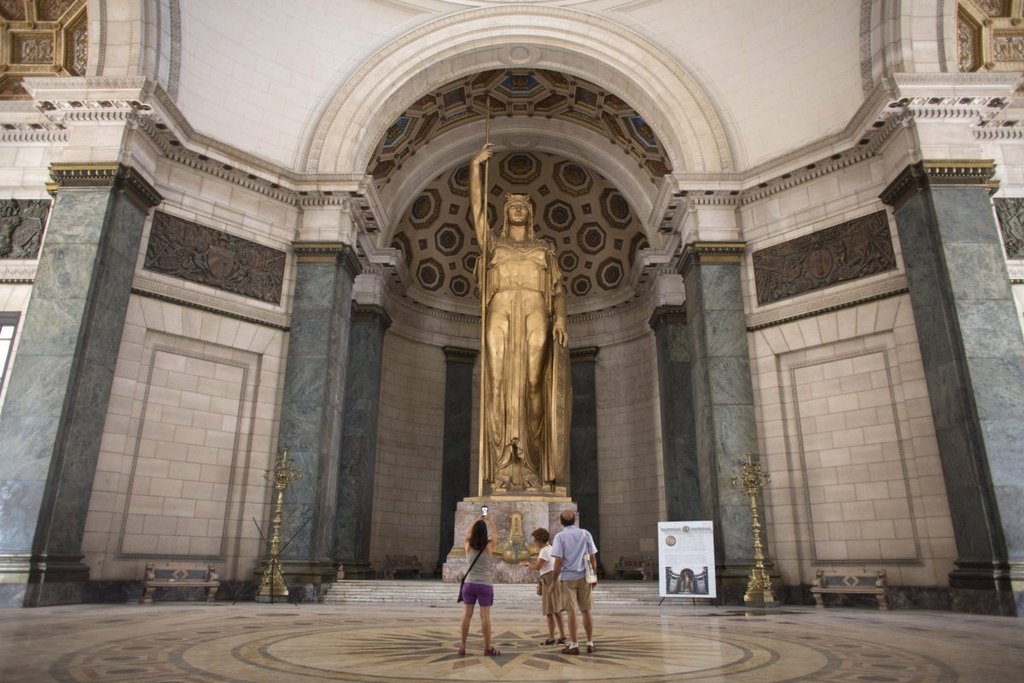
Cuba has a rich history of dance, including styles like danzón, mambo, and salsa.
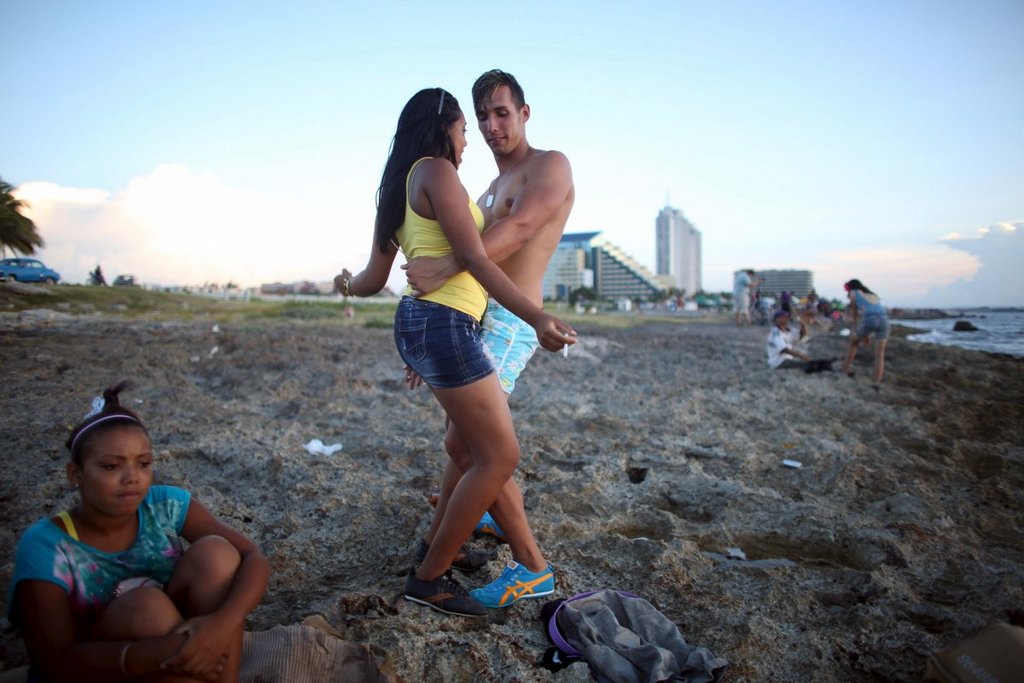
Salsa dance instructor Ariel Domninguez gives a lesson of Cuban-style salsa to a student.
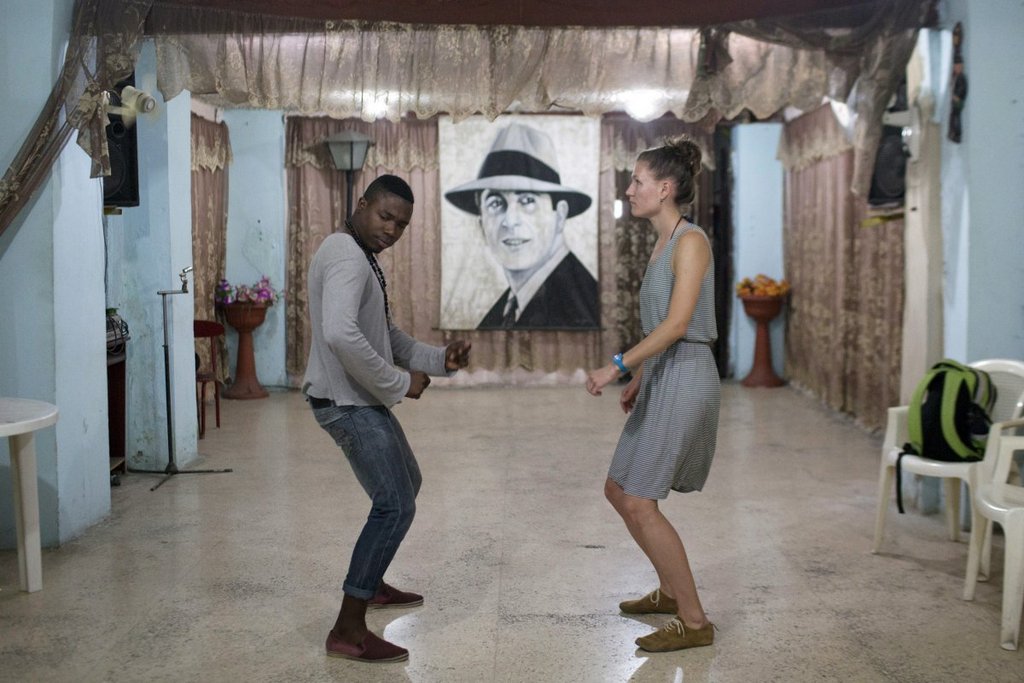
More salsa classes take place on the beach in Varadero.
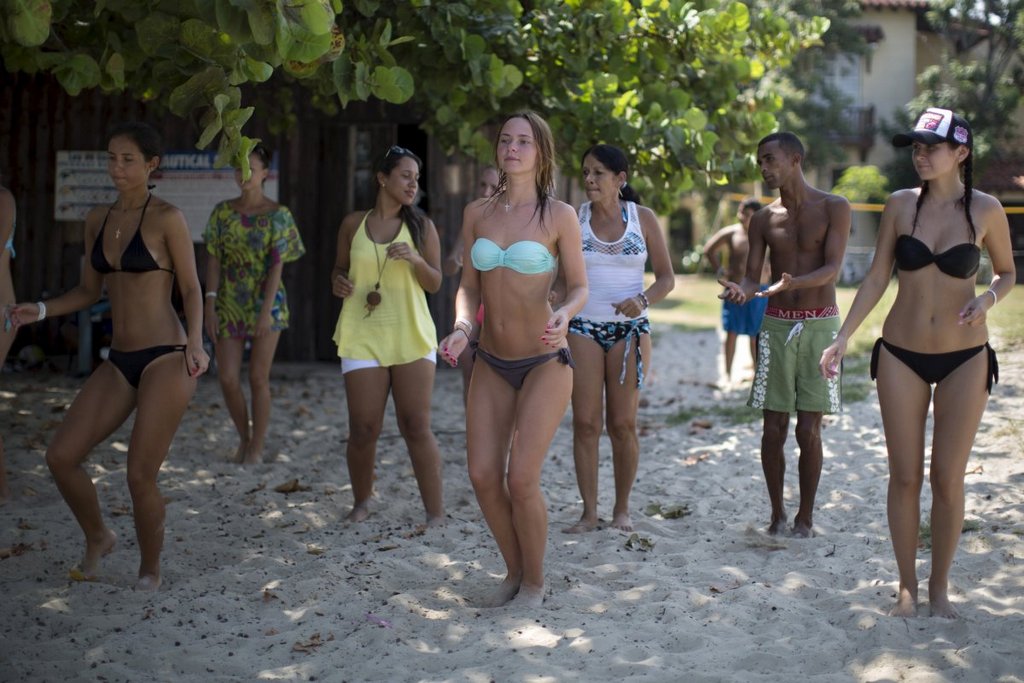
The beaches of Varadero have beautifully clear waters.
On average, the water is a comfortable 75 degrees Fahrenheit.
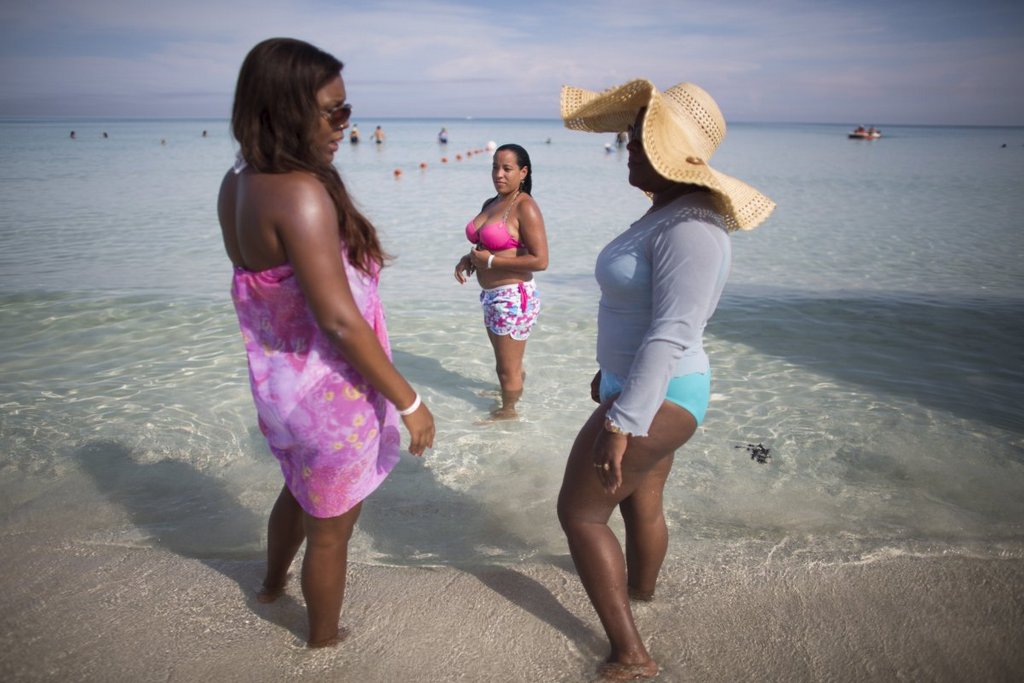
If you don’t want to swim, rent a sailboat to explore the waters.
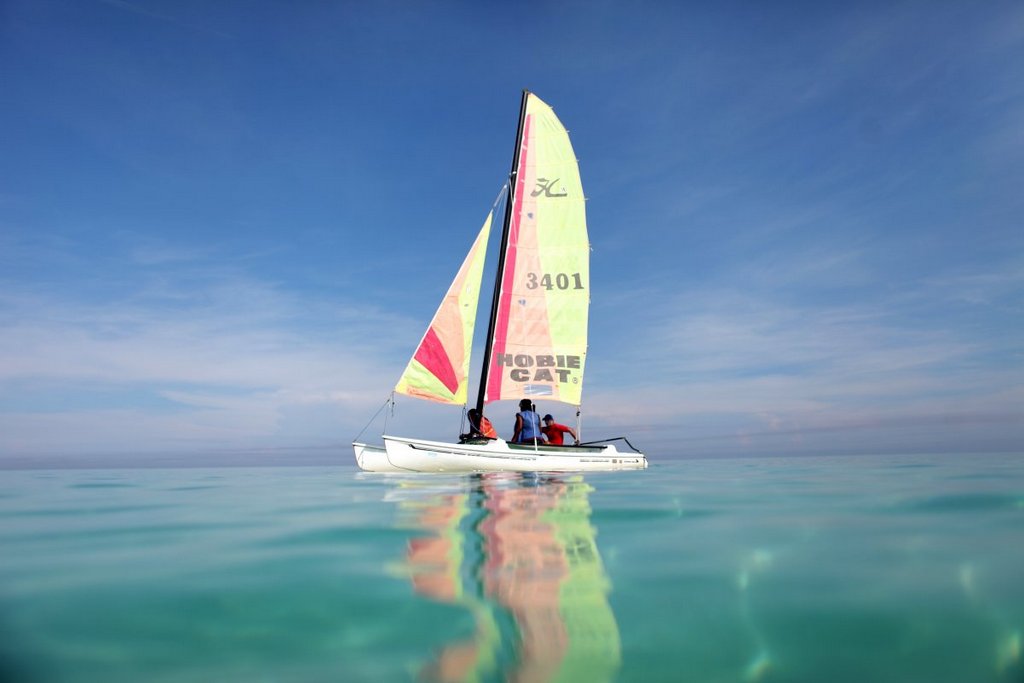
Cuba is known for its high-performing education system. It’s considered to have the top schools in Latin America and the Caribbean.
Cuban soldiers lead a ceremony in remembrance of the deaths of student leaders killed during the fight against Spanish colonial rule.
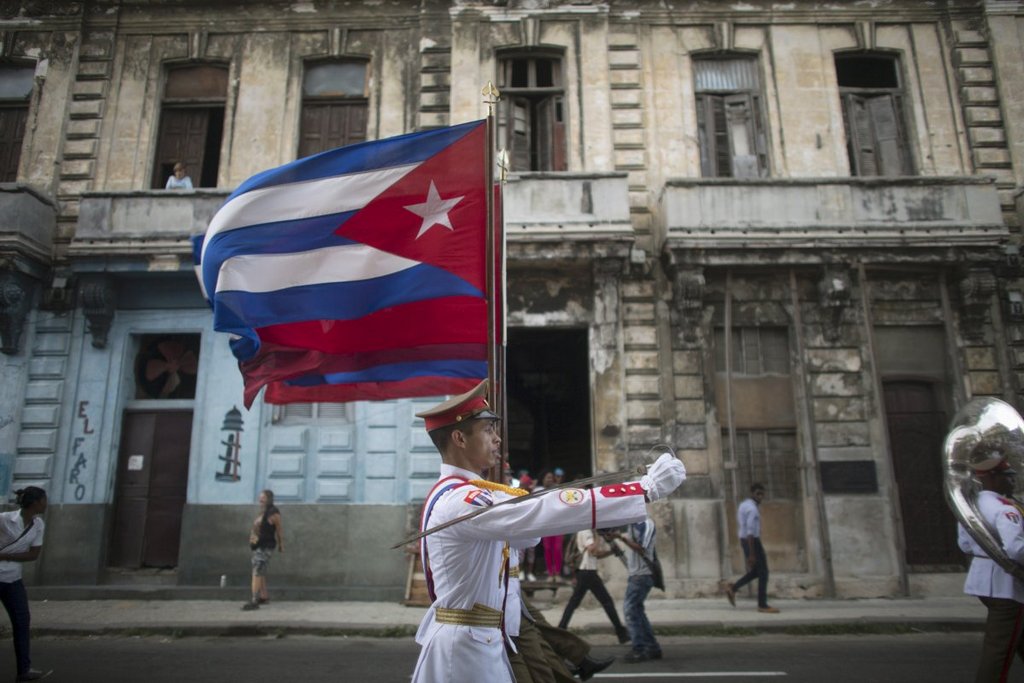
When it comes to shipping to the US from Cuba, there are strict guidelines are in place. Plan ahead.
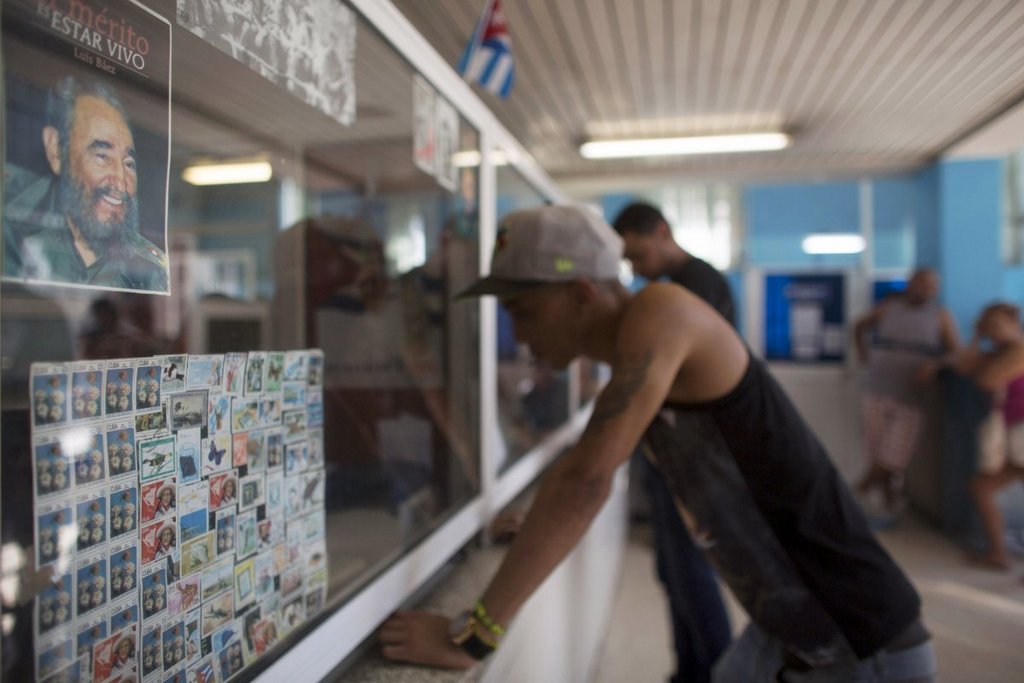

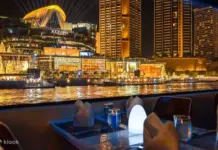
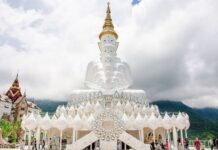


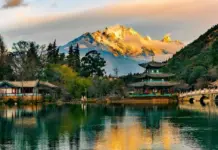
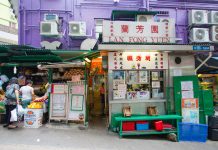
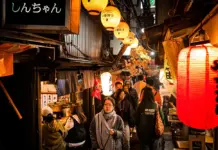
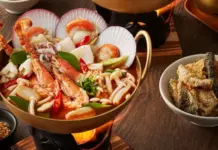



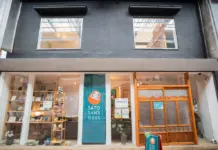
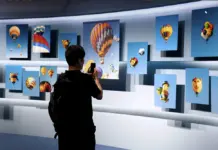
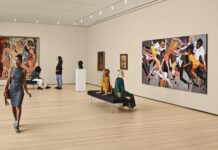
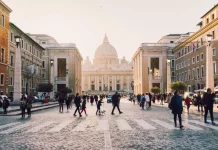

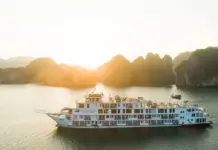



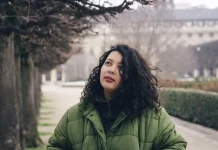

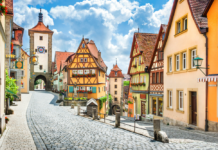


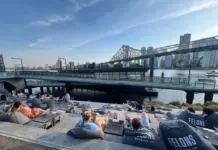
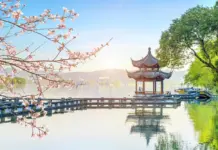


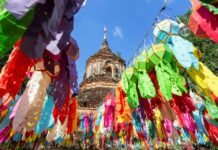

![10 best airports in Asia in 2016 [RANKED] kuala-lumpur-international-airport-best airports in asia in 2016 by skytrax ratings](https://livingnomads.com/wp-content/uploads/2016/08/29/kuala-lumpur-international-airport-best-airports-in-asia-in-2016-by-skytrax-ratings-218x150.jpg)

